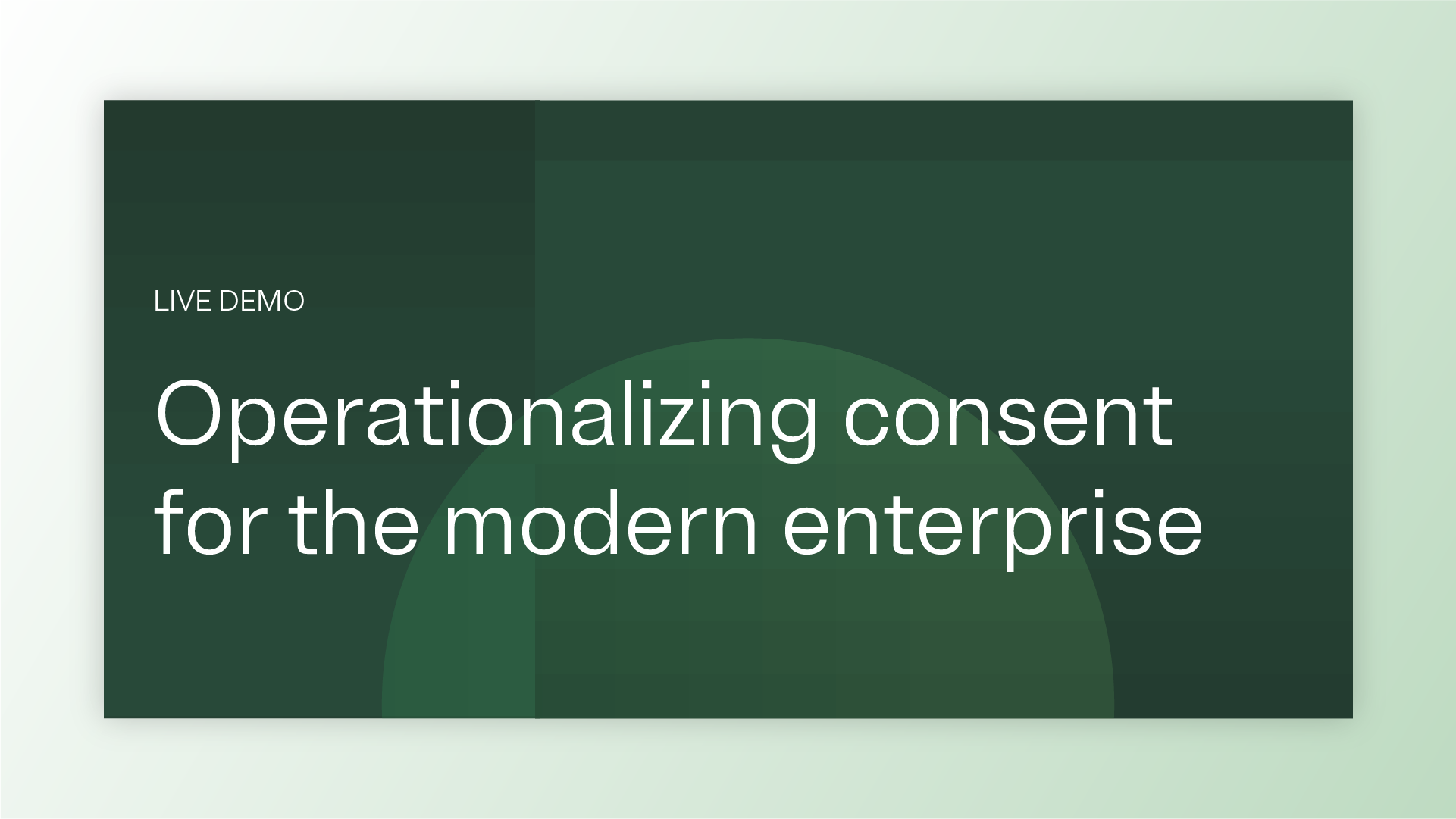Customer data rights
Customer data rights refer to the legal entitlements individuals have to access, correct, delete, or control how organizations collect and use their personal data.
What are customer data rights?
Customer data rights are protections that allow individuals to understand, manage, and influence how their personal data is processed by organizations. These rights include the ability to access, delete, or restrict processing of personal data, as well as to opt out of data sales or targeted advertising. Customer data rights are codified in major privacy laws such as the EU General Data Protection Regulation (GDPR), California Consumer Privacy Act (CCPA), and California Privacy Rights Act (CPRA), which require organizations to provide mechanisms for consumers to exercise these rights.
Why customer data rights matter
Respecting customer data rights strengthens trust and transparency between organizations and their users. These rights empower individuals to take control of their personal information, which is essential to modern privacy and ethical data use.
Global privacy laws require businesses to provide clear processes for responding to data access, deletion, and correction requests. Non-compliance can result in fines, reputational damage, and regulatory investigations.
By honoring customer data rights, organizations demonstrate accountability, enhance user confidence, and align with evolving global standards for responsible data governance.
How customer data rights are used in practice
- Allowing individuals to submit access or deletion requests through secure online forms
- Providing clear privacy notices explaining user rights and how to exercise them
- Establishing automated workflows for responding to Data Subject Access Requests (DSARs)
- Implementing consent and preference management tools to honor opt-outs and data control choices
- Documenting and auditing compliance to meet regulatory expectations
- Training employees on procedures for handling customer data rights requests
Related laws & standards
- EU General Data Protection Regulation (GDPR)
- California Consumer Privacy Act (CCPA)
- California Privacy Rights Act (CPRA)
- Colorado Privacy Act (CPA)
- Virginia Consumer Data Protection Act (VCDPA)
How OneTrust helps with customer data rights
OneTrust automates customer data rights management by enabling organizations to intake, validate, and fulfill access and deletion requests through centralized workflows. The platform streamlines communication with customers, maintains detailed audit trails, and supports compliance with global privacy laws.
[Explore Solutions →]
FAQs about customer data rights
Customer data rights focus on individuals’ control over personal data processing, while privacy rights encompass broader protections, such as data minimization, lawful processing, and security obligations.
Typically, privacy, compliance, and customer service teams share responsibility. Legal teams oversee regulatory compliance, while IT teams ensure data retrieval and secure deletion processes.
Under the GDPR, data subjects have rights to access, rectify, erase, and restrict processing of their personal data. Honoring these rights demonstrates compliance and fosters transparency with individuals.




